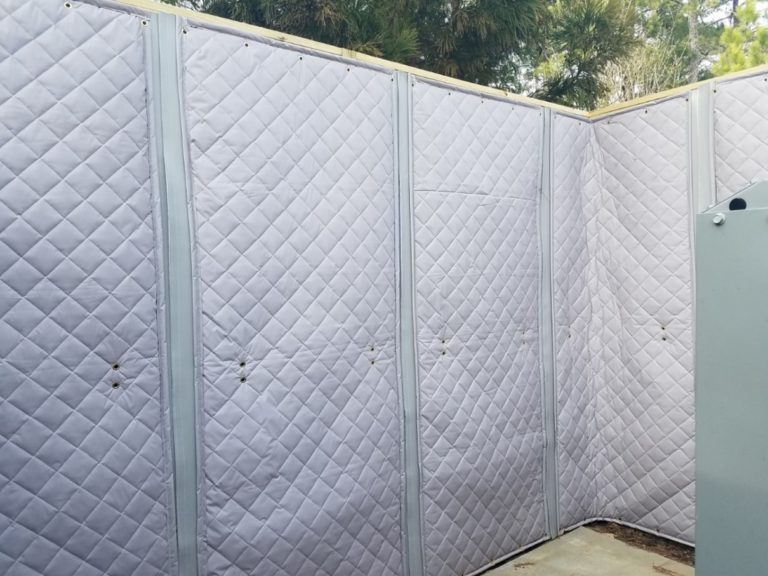Driving can be extremely disruptive and annoying to nearby residents, especially when there is a lot of traffic on the road. To help reduce the noise pollution experienced by those living close to highways, sound barriers have become an increasingly popular solution. Constructing sound barriers can play a vital role in ensuring motorists and those living near highways have a peaceful environment to enjoy.
What are sound barriers
Sound barriers, also known as acoustic barriers, are barriers constructed to reduce noise pollution. They come in a variety of forms and can be used to provide sound protection for residential, commercial, and industrial areas. By effectively blocking or absorbing sound, these barriers can help reduce the impact of traffic noise on people living nearby.
Sound barriers are typically constructed of materials such as concrete, brick, steel, or wood. Depending on their composition, they can block sound completely or absorb and deflect some sound, which is called attenuation. The effectiveness of sound barriers depends on their design, size, and positioning, as well as the type of surrounding environment.
Benefits of sound barriers to motorists
When it comes to traffic noise, sound barriers can provide a number of benefits for motorists. As well as reducing the noise pollution for people living nearby, sound barriers can also reduce the amount of noise a motorist will hear when driving. This can improve the overall comfort for the driver and help reduce fatigue.
Moreover, sound barriers can help improve visibility for drivers, particularly around curves and intersections. Having a barrier in place can block out distracting noise, allowing the driver to focus on their driving. This can help improve safety on the roads, reducing the risk of accidents.
Finally, sound barriers can help reduce fuel consumption. This is because they can reduce the amount of engine noise that is reflected back to the driver, making it easier to maintain a steady speed and reduce the amount of gear shifting needed. This is especially beneficial for long-distance drivers, who can benefit from the fuel-saving potential of sound barriers.
What to keep in mind
When it comes to the construction of sound barriers, there are a few things that need to be taken into consideration. First, the sound barrier needs to be designed to reduce the amount of noise that passes through it. This means that the structure needs to be as thick and sturdy as possible. Second, the material used to construct the sound barrier needs to be chosen carefully. Heavy materials like concrete can be effective at blocking sound, but they can also be difficult to install and expensive.
Finally, sound barriers need to be regularly maintained. This means checking for any damage or deterioration that might be affecting their ability to reduce the amount of traffic noise. If the sound barrier is not working properly, it can be replaced or repaired to ensure that it continues to provide the desired effect.
In conclusion
Sound barriers can help reduce traffic noise and improve safety and fuel efficiency for motorists. They are an effective way of reducing the impact of traffic noise on people living nearby, as well as improving overall comfort and visibility for drivers. If you’re looking for a way to reduce traffic noise in your area, consider investing in sound barriers.


Comments are closed.